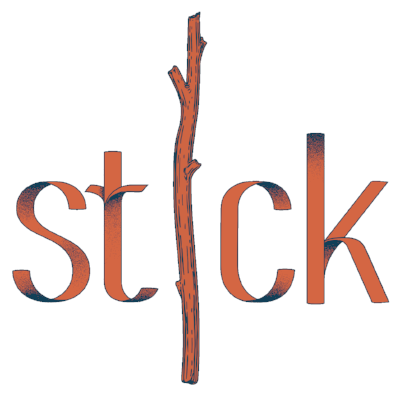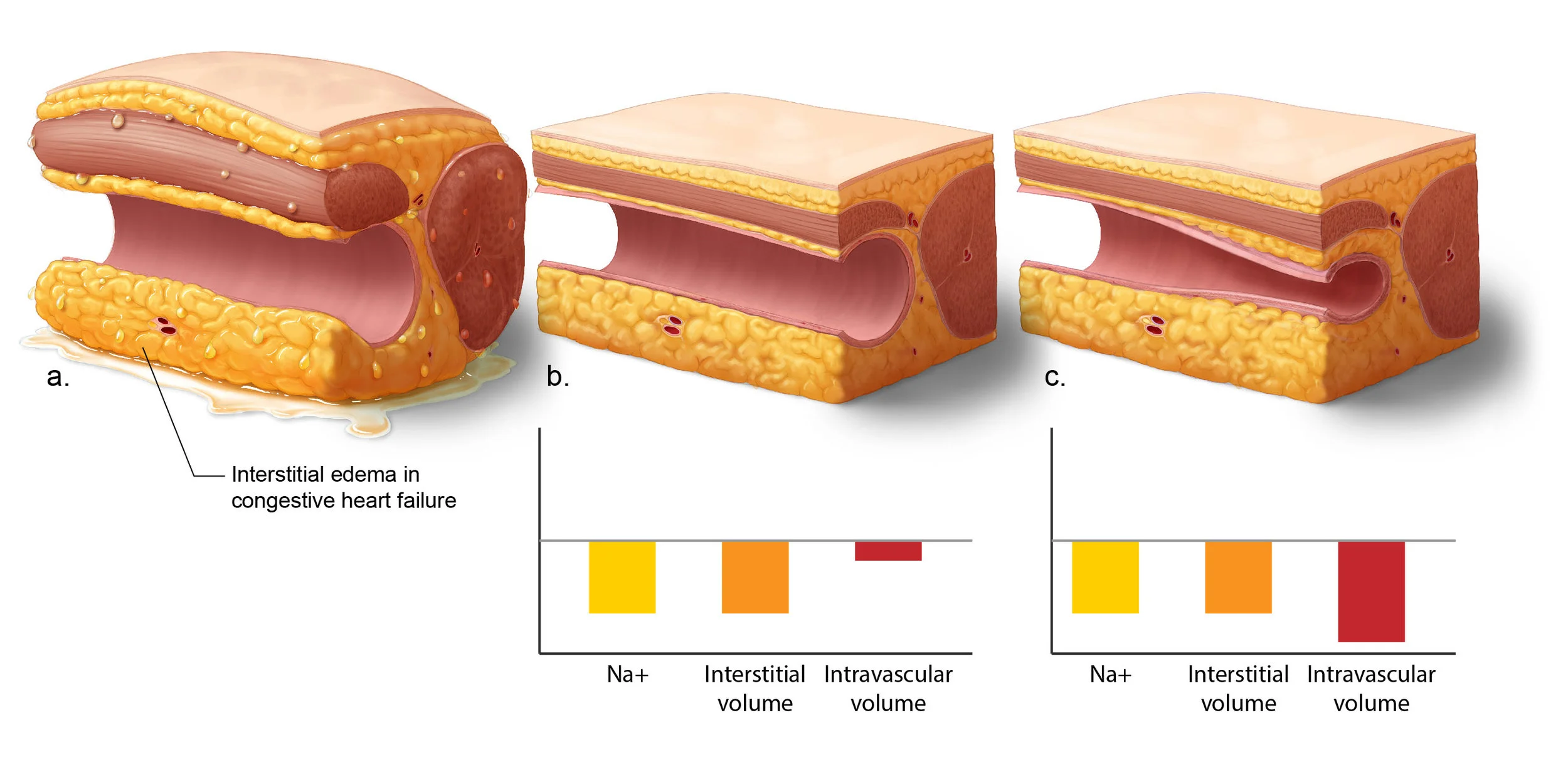Stick.
Hello there. Shame on me as it's been a while. I was busily documenting process there a while back, and in the process got way to busy to document it. So if you've been hanging on and waiting for the second installment, my sincerest apologies. I'll try to come back to how I did that particular piece of artwork in a bit, but the final version of it is at the bottom. Scroll down for spoilers!
I don't want to read the rest of this, cut to the chase! Instead of just getting design work by chance, I'm officially setting up a design consultancy. Check it out here: Stick Design Group. That's the new logo up top.
In the meantime, I've been busy consulting on the design side of things. I got into medical and scientific illustration because, firstly, I liked learning about the science I was illustrating; and secondly because I really liked problem solving. With medical/scientific illustration that problem is often 'how do you show X process or Y concept if you cannot normally see it?' It's a fun and rewarding problem to tackle if you're artistically predisposed (maybe even more so if you're artistically challenged). However, these communications problems are really only one species in one family of problems. There is an entire phylum of healthcare problems out there to be solved and doing them in two dimensions stops well short of a full solution. And...If there's one thing I do truly, deeply love, it's the satisfaction of a really good, elegant, well designed solution to a sticky little problem. It doesn't even have to be my own problem. Or my own solution.
This is why I went back to school for an M.Sc in Medical Device Design two years ago. Like a well traveled but slightly battered sailing vessel going into dry-dock, Industrial Design was my mid-career refit. I got the barnacles of cynicism scraped off; got some beautiful bright new sails and rigging installed to catch the wind; got some nice new navigation instruments to chart adventurous courses; and I got a fresh coat of paint so I don't look so saggy and old. While I still obviously do the illustration thing, I have changed mediums a little bit now to well, actual things. Now I can tackle bigger, more meaty medical problems like making patients more comfortable during mechanical ventilation; making a softer endotracheal blade that won't chip teeth and, doubly, makes inserting an ET tube into the trachea much more likely (and easy) than, say, down the esophagus. It's a really nice evolution for someone like me. These problems are four dimensional and really do have an impact on the world when they get solved. Healthcare is absolutely full of them.
Up until this point, any design work I got was purely by word of mouth or by accident. So I'm happy to announce that I have enough accidental work in the field to justify officially hanging out a little shingle to deliberately get more. With that long preamble, please check out the little consultancy I'm setting up: 'Stick Design Group'. Or 'Stick DG' for short. Or just 'Stick'. Why 'Stick'? Go to the site and find out, but it has something to do with a stick probably being the first tool hominids probably ever picked up. At the moment there's not much to see there except a really nice new logo. I do wish I could show you what I was working on currently, but...NDA's. The goal with Stick is primarily to keep doing interesting work that is rewarding, and secondarily to hopefully join forces with some other people and grow the capacity and the biz in the future. There's a lot of really great expertise out there to leverage, and there's a lot of really great problems to solve. There's some really great work ahead, I'm sure of it.
Lastly, here's one of the final images from that process piece I started a couple of months ago. Enjoy!
Ah, the old block-of-human-tissue trick for illustrating pathology. In this case I was showing the oedema in generic tissue caused by diabetic heart failure, and the resulting changes resulting from administrating tube diuretics or SGLT2 inhibitors. Rock on blood pressure.


